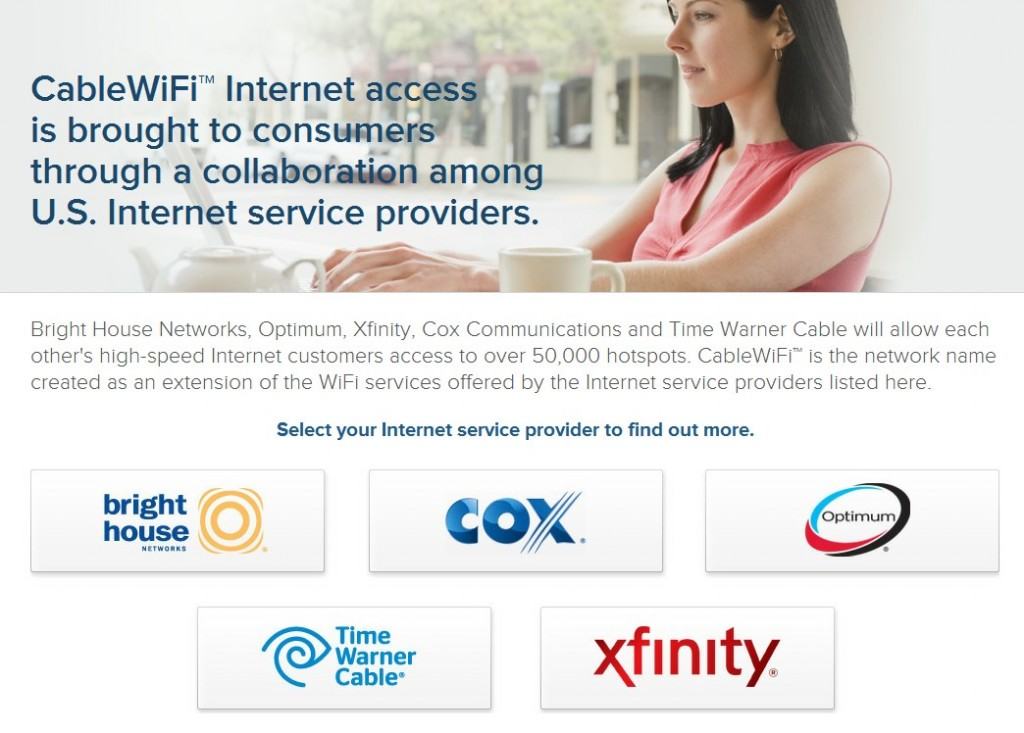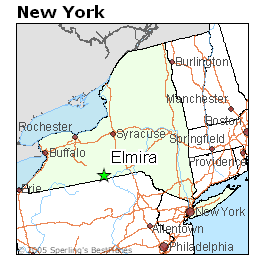 CenturyLink wants to repeal a 1993 Idaho rule that requires phone companies to repair service outages within 24 hours or provide one month of service for customers at no charge.
CenturyLink wants to repeal a 1993 Idaho rule that requires phone companies to repair service outages within 24 hours or provide one month of service for customers at no charge.
The phone company is lobbying the state Public Utilities Commission to be exempted from the rule that its predecessor Qwest/US West lived under for nearly 20 years. (CenturyLink acquired Qwest.)
CenturyLink says consumers no longer need their phone lines repaired in such a short time, and the company says the rule in hurting their business.
“Today, a substantial majority of basic local service customers are not cut off from communication and are not out-of-service in the event their wireline telephone is not working,” the company argued.
Besides, CenturyLink claims, wireless providers are not subject to the same rule, giving them an unfair competitive advantage.
CenturyLink already has a repair exemption for customers who experience service outages due to a natural disaster, during the weekend, or one caused by the customer’s own actions. But now the company wants more, telling the commission most people will simply switch to cell phones while their landline remains out of service.
Despite the apparent contradiction that delivering reduced service is better for consumers, the PUC has been negotiating a compromise, offering to eliminate the service credit requirement and extend the window for repairs to 48 hours.
Before they do, they might want to review CenturyLink’s performance in Arizona, where the company has been caught installing repaired phone lines in pavement cracks and atop public roadways.
The PUC staff questioned claims made by both CenturyLink and Frontier Communications, another phone company that supports the repeal of the repair rules.
“CenturyLink argues that a large percentage of customers now have access to wireless and broadband voice services,” the staff report says. “For CenturyLink’s legacy Qwest customers located in urban areas, this may be true. It may not be true for customers in the very rual parts of CenturyLink’s service territory. When wireline service fails, few, if any, alternative communication services are available in some rural areas.”
The PUC staff also argued the impact on small business in Idaho could be significant. Small businesses still rely overwhelmingly on traditional landline services to conduct business and process credit card payments. Prolonged outages could create significant economic harm for affected customers.
The commission is taking comments on the proposed settlement of Case # CEN-T-12-01 through May 31.


 Subscribe
Subscribe







